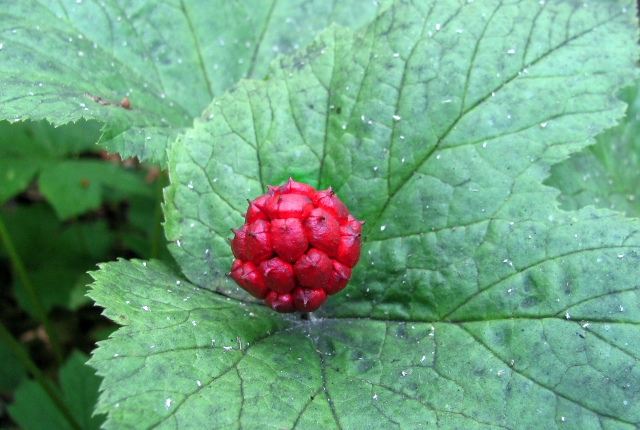Table of Contents
Polyps are abnormal yet benign outgrowths of the mucus membranes. Polyps can form in any part of the body such as nose, uterus, or bowel. Since polyps tend to recur, one should try remedies that help in keeping them away in the long term. In such a situation, herbal remedies come handy also because of the reason that they have fewer or no side effects.
Herbal remedies also provide essential nutrients to the body such as beta-carotene and activate certain enzymes necessary for healthy immune system. Here are some of the best herbal remedies for polyps.
Herbal Remedies For Polyps
1. Eyebright
Although popular as a remedy for eye problems, eyebright herb is also efficient in treating polyps and sinusitis. It contains certain chemicals – iridoid glycosides, phenolic acid, and tannins – that shrink the nasal polyps. Iridoid glycosides reduce inflammation and prevent formation of prostaglandin. Phenolic acids in eyebright have strong antibacterial properties that prevent infections that trigger the polyps.On the other hand, tannins have astringent action on the polyps and help in their reduction. People on antibiotics or NSAIDs should consult the doctor before including this herb in their treatment plan [1].
2. Horseradish
This particular herb helps in clearing out nasal passages and hence is extremely helpful in treatment of nasal polyps. However, most people cannot tolerate the odor of this herb. Such people should mix the herb with honey.To prepare herbal remedy with honey and horseradish, grate horseradish herb and mix two cups of it with equal amounts of honey. Consume this mixture every morning and before going to bed till the time the polyps are completely subsided [2].
3. Goldenseal
The active agent in this herb – isoquinoline alkaloid – has strong antimicrobial and anti-inflammatory properties. Hence, goldenseal relaxes the inflamed mucus membranes in the polyp and reduces the infection in there.The easiest way to use goldenseal as a remedy for polyps is to brew it into tea and sip it several times a day. However, pregnant women should not use this herb since it adversely affects the uterus [3].
4. Xanthium
Native to China, this particular herb is also locally known as fructus xanthi or cang er zi. More commonly this herb is known as TCM. It is an age-old remedy for conditions like rhinitis, sinusitis, nasal polyps, nasal congestion, etc. Xanthium clears sinus passages, shrinks nasal polyps and prevents from causes of nasal polyps such as dampness. However, diabetics and people allergic to xanthium should stay away from this herb [4].
Read More:
6 Best Home Remedies For Polyps
10 Home Remedies For Nasal Polyps
15 Best And Natural Remedies To Treat Digestive Problems
5. Cayenne
Found in red chilli pepper, cayenne is native to North America and South America. It strengthens capillaries and improves circulation. Cayenne pepper has an active agent called capsaicin that has strong styptic and pain-relieving actions.Cayenne sprays have been proved to relieve nasal polyps by clearing nasal passages. It works even in people with sinonasal polyposis – a severe form of the disease. One should dilute the cayenne enough so that it does not cause irritation or burning sensation [5].
6. Magnolia
Native to China, this particular herb has been in use for treatment of sinusitis and polyps since ancient times. It is ideal for naturally curing polyps because it clears nasal passages and disperses pathogenic wind. At the same time, magnolia bark helps in breaking up the very mucus that builds the polyp.It has astringent properties that protect the mucus membranes of the nasal passages. It also improves overall blood circulation. People with frequent constipation problems should not use this herb [6].







